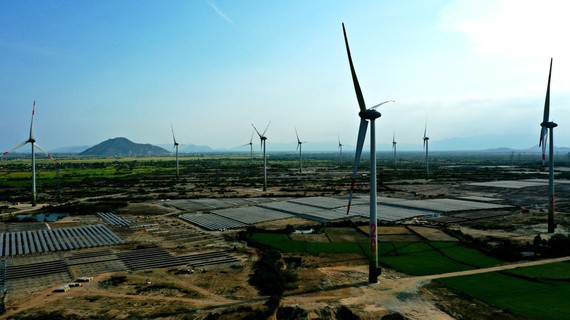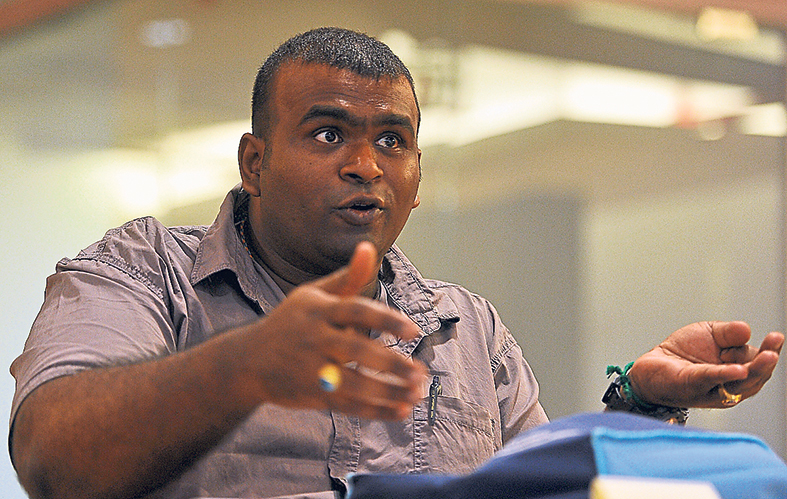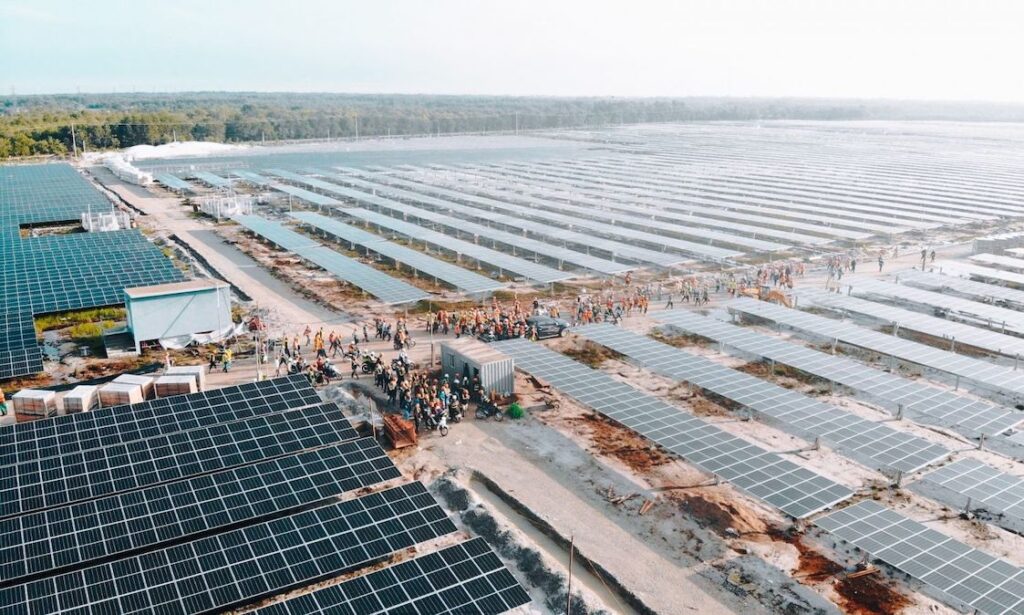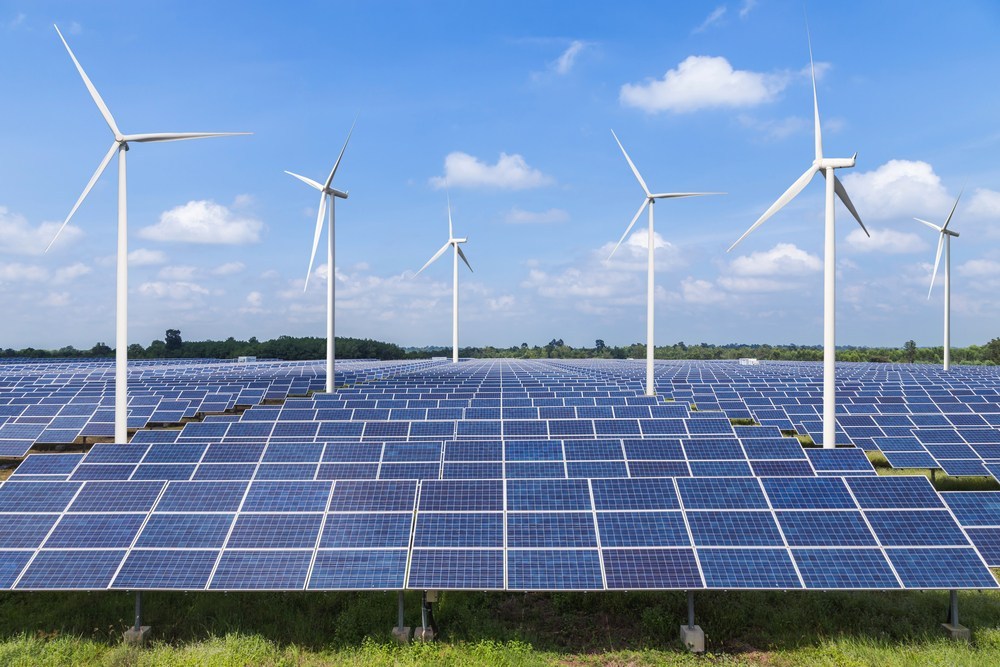High expectations on renewable energy

Renewable energy (RE) projects from wind, sunlight, and biomass are expected to make up for the shortage of electricity supply and gradually replace thermal and hydroelectric sources of power. This is especially important in the context that thermal power plants, especially small hydroelectric power plants, are negatively affecting the environment.
Proposed Feed-in-Tariff reduction could “seriously damage” growth of wind power in Vietnam
New proposed Feed-in-Tariff (FIT) extension by Vietnamese government would reduce tariffs for onshore and intertidal wind power by 17.4 per cent and 13.6 per cent respectively, one of the most dramatic reductions seen for wind power globally.
Vietnam: New Wind Power FIT Proposed, GWEC Warns of Negative Effects
Vietnamese Ministry of Industry and Trade has proposed new Feed-in Tariff (FIT) rates as part of the country’s plan for an extension of the FIT scheme for wind energy projects entering operation from November 2021 to December 2023.
Winds of change for renewables in the Kingdom

Kampot province will be home to the Kingdom’s first wind farm – a step in the right direction in terms of Cambodia’s renewable energy movement, say experts.
AWER: Malaysia needs to improve efficiency for better RE adoption

MALAYSIA needs to have an efficient operating system for the renewable-energy (RE) sector before diving deeper into the development of the sector.
Thai company buys Vietnam solar farm

Thai energy firm Gunkul Engineering Plc has acquired the 50-megawatt Phong Dien II solar power plant in the central Thua Thien Hue Province for $39.9 million.
Triconti: Pushing PH frontiers for offshore wind developments
With the Department of Energy’s (DOE) moratorium on coal-fired power projects, there’s no doubt that the Philippine energy sector will be in for dramatic shifts and existential twists – not just in technology deployments but in the overall goal of greening the power mix.
Government urged to revise RE policy

AC Energy President and CEO Eric Francia said that if necessary changes are made, then the country could hit its target of sourcing 35% of electricity from RE by 2030.











